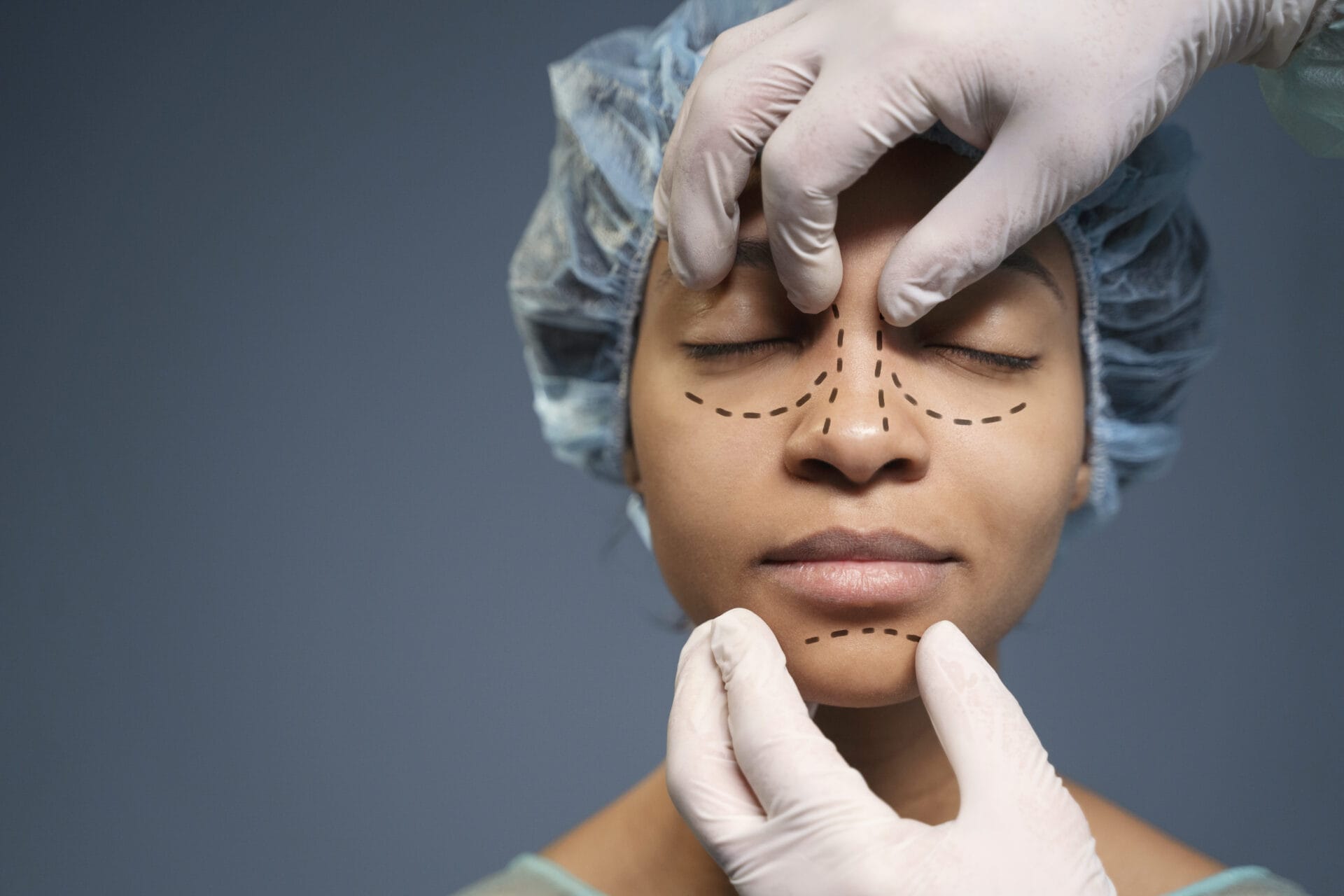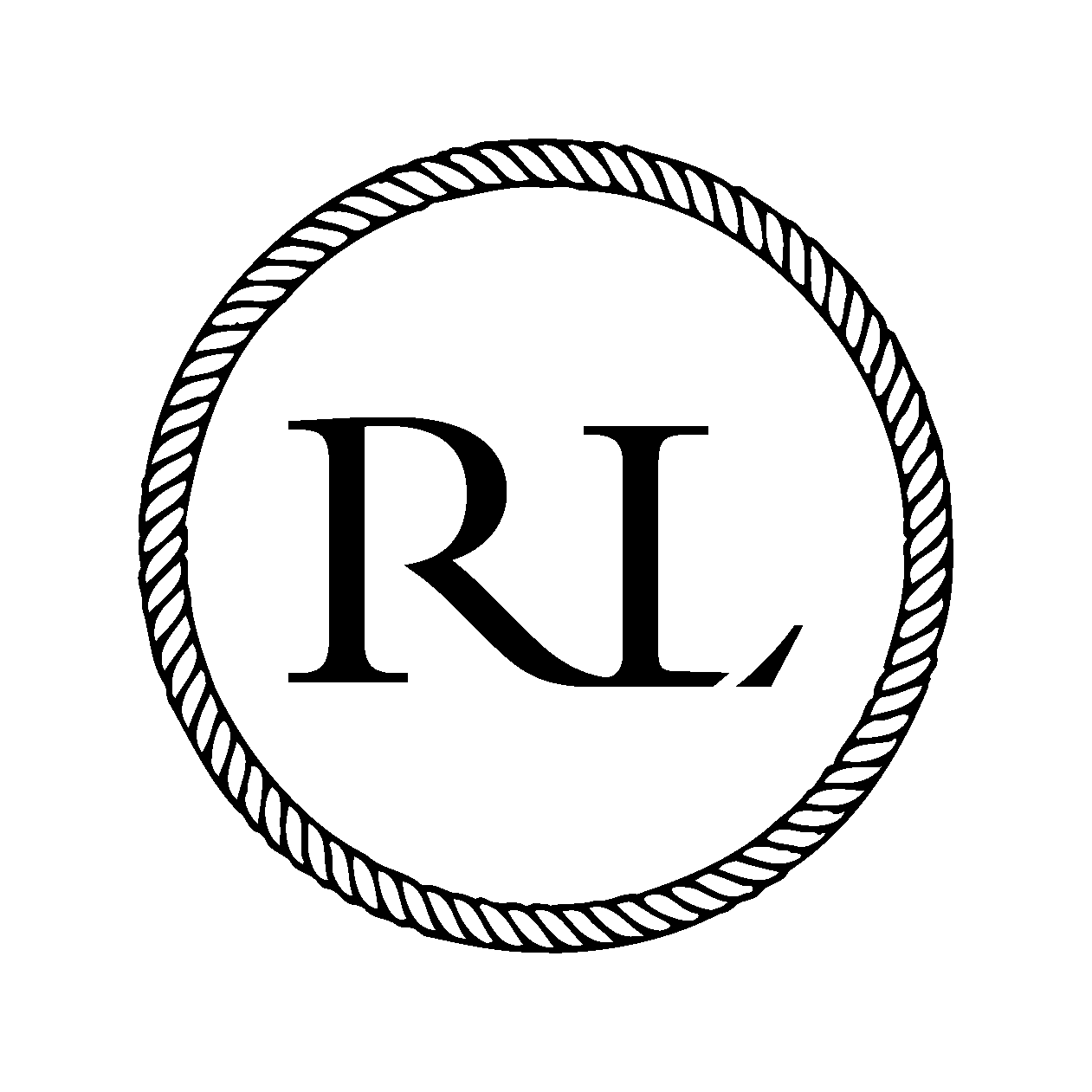From Beginning To End: Rhinoplasty Recovery Timeline

When people think about getting cosmetic surgeries, they often overlook the importance of proper recovery. You must adhere to careful and monitored healing to see the maximum impact of your surgical procedures. The recovery period of rhinoplasty is divided into stages, as the nose is a delicate organ. This blog describes everything you need to know about rhinoplasty healing stages to help you achieve the best results.
Everything You Need to Know About Rhinoplasty
Rhinoplasty is a surgical procedure aimed at redefining the appearance of your nose. To keep up with the ever-evolving trends, nose jobs in London are becoming increasingly common. The procedure takes about 2 to 4 hours to complete, depending on the type of rhinoplasty. Since it is a very delicate procedure, it has apparent after-effects. Below, we have answered some of the most common concerns associated with rhinoplasty recovery.
How Much Swelling is Normal Following Rhinoplasty?
Swelling is a part of the rhinoplasty healing process. You may observe nasal and facial swelling after the procedure. This is temporary in nature and gradually subsides with time. You may begin to notice the swelling beginning to fade two weeks later.
How Long Does Swelling Last After Rhinoplasty Surgery?
The swelling resulting from rhinoplasty lasts for around 12-18 months. These months are divided into phases, each phase accompanying a milestone. We will learn the differentiation of these stages in the subsequent sections.
Is Swelling of the Nose Tip Normal?
You need not worry about the tip of your nose being swollen after rhinoplasty. Usually, the nasal tip is the last part to heal completely after surgery. Since the lower half of the nose takes longer to heal, the swelling in this area may persist for a while.
Is Face Swelling Normal After Rhinoplasty?
The swelling on the face occurring after rhinoplasty is known as residual swelling. This leads to noticeable puffiness in areas such as the eyes, cheeks, and lips. It is a typical and benign consequence of the surgical process. Typically, this swelling resolves within seven days after the operation and does not pose any risk to the patient’s health.
What Are the Phases of Swelling After Rhinoplasty?
Swelling is inevitable after getting work on your nose, and it heals at a gradual pace. If you have undergone or are planning to go through rhinoplasty, it is advisable to know what the swelling and its recovery look like.
-
First-week post-op:
This period shows the most significant swelling. You may feel mild to moderate discomfort due to the puffiness. When the doctor removes your splints or dressing, you will observe your nose being completely swollen. Do not be alarmed, as this is not the final result.
-
Second-week post-op
There is a significant reduction in the swelling at this stage. If desired, you may use makeup to hide the remaining swelling.
-
3-4 weeks post-op
All the visible signs of your surgery mostly fade away at this stage. There may still be some swelling for some people, which is not a serious concern.
-
2-3 months post-op
By this stage, the results of your surgery may begin to show. The healing continues as the remaining swelling keeps subsiding on its own.
-
4-6 months post-op
90% of the swelling goes away as time progresses. The numbness or tingling sensation inside the nose is also gone by this time.
-
12-18 months post-op
There is minimal to no swelling left at this stage. The cartilages adapt to their repositioned state, and the nasal tip gets more defined, revealing the final results of your rhinoplasty procedure.
Rhinoplasty Recovery Timeline: What to Expect
To unfold the real potential of your rhinoplasty transformation, you should have clear expectations from the procedure. Let us go through each stage of surgery and understand what it entails.
Getting Ready for Rhinoplasty Surgery
The nose is a highly sensitive organ, so you must thoroughly prepare before getting it operated. Your doctor will brief you on the necessary preparatory steps before a rhinoplasty based on your medical history, current health status, and other factors. Some general tips cosmetic surgeons recommend to help you get ready for the procedure are as follows.
- Eliminate the habit of drinking alcohol and smoking 2 weeks prior
- Discontinue taking herbal supplements
- Request two weeks off work for recovery
- Do not take aspirin or ibuprofen
- Avoid eating/drinking 8 hours before surgery
- Decide your budget according to rhinoplasty cost in the UK
Recovering in the First Few Days After Surgery
Your nose will be at its most sensitive stage a few days after surgery. Follow the given steps to take good care of yourself during this stage.
- Do not bath or shower to keep your nose away from water
- Get plenty of rest
- Maintain a balanced diet
- Discontinue using glasses
- Avoid blowing your nose
- Keep your head elevated above your chest
First Week After Rhinoplasty
After the first week, your surgeon will remove the splints and casts. You will have nasal and facial swelling immediately after the procedure. You may also experience some difficulty in breathing.
Second Week After Rhinoplasty
You can return to work after two weeks if you have a desk job. For those who have jobs requiring intensive labour, it is advisable to steer clear of work. You may use makeup to conceal any bruises or puffiness.
Recuperating Over the Following Weeks
In the progressing weeks, the nose will begin to take its resulting shape. The swelling will continue to subside with time. However, there may be some inflammation on the skin around the nose. Your doctor may suggest some quick remedies to help you fix these concerns.
Healing After Two to Three Months
The nose shape gets highly defined and contoured as the swelling disappears, improving its appearance. The nasal bone structure regains its strength. The nose’s functional processes also begin to feel normal. Your doctor may give you the green light to resume heavy weight lifting and cardio.
Post-Rhinoplasty Follow-up After One Year
By the time your surgery is a year old, you will get to see the complete and final outcome of the procedure. All nasal functions and structures will be restored as per usual. The swelling is completely settled. In some instances, it may take an additional 6 months for the swelling to go away. Be sure to contact your surgeon to monitor this alteration.
New Nose. New You.: Reimagine Yourself with Rhinoplasty LDN
Access the most refined and result-oriented nose jobs at Rhinoplasty, LDN. We have gained the trust of people around the UK for providing exceptional surgical work. Our team is staffed by the best rhinoplasty surgeons renowned for their exceptional record and premium health care. We cater to various rhinoplasty demands to keep people happy and satisfied. You can reach out to us to learn more about our services. We follow an elaborate and personalised approach for dealing with patients to offer a holistic experience and cater to everyone’s unique needs.
Frequently Asked Questions
If you have swelling at the site of your surgery, i.e., your nose, you can adopt the following activities to reduce it.
- Applying cold compresses
- Quitting alcohol and smoking
- Keeping your head elevated
- Not wearing eyewear (eg, glasses)
- Maintaining a healthy diet
